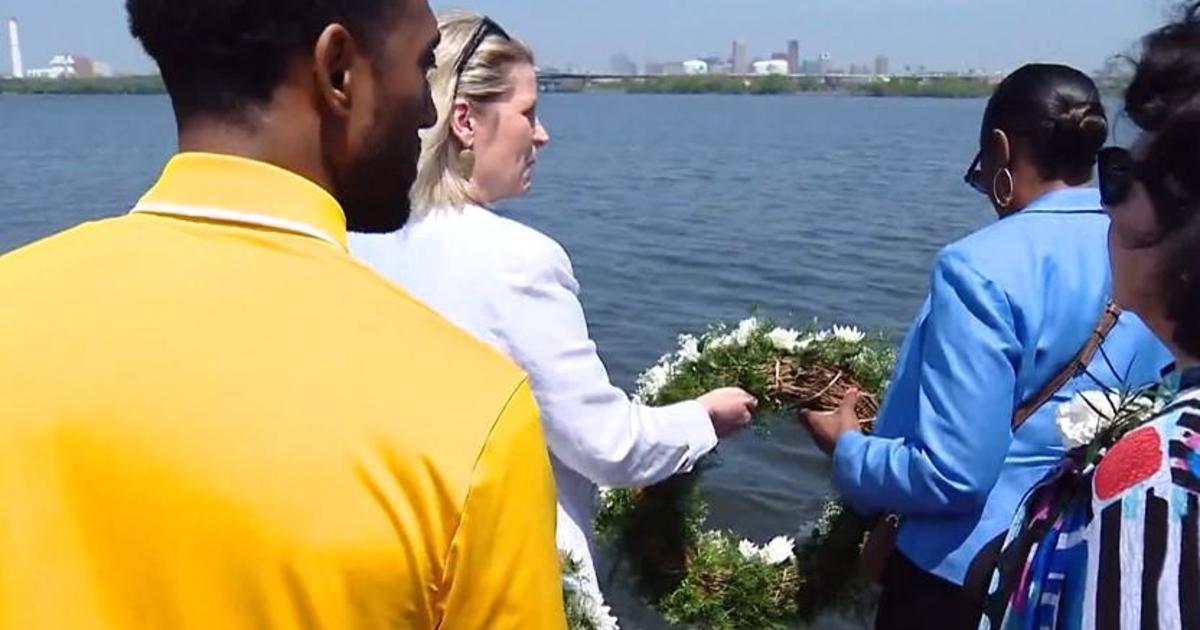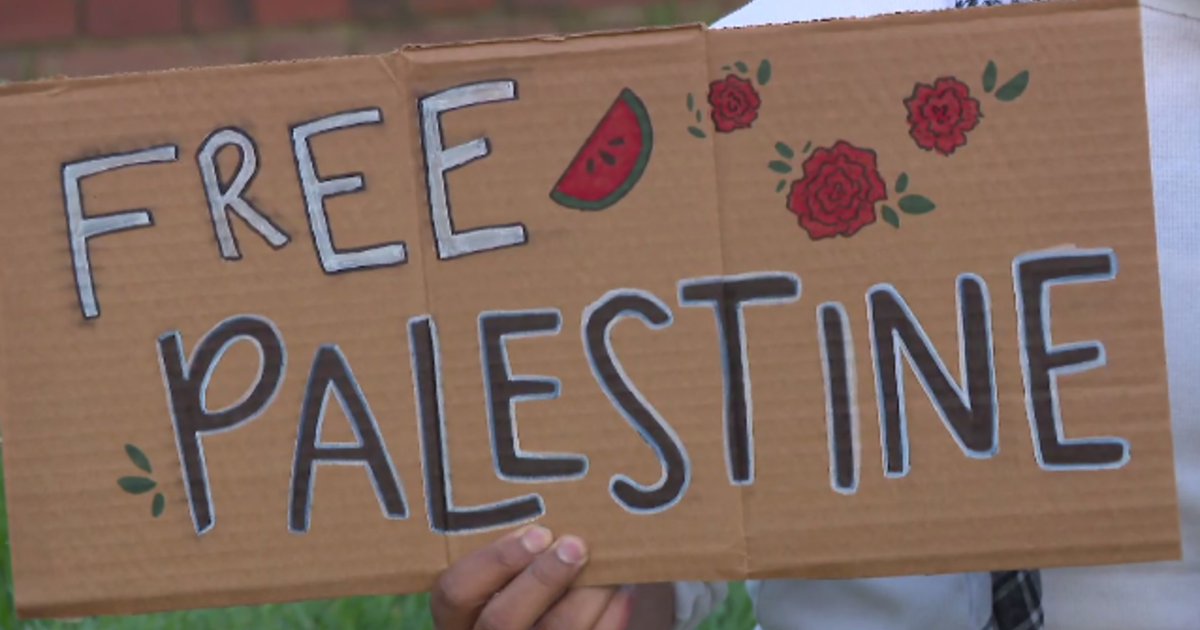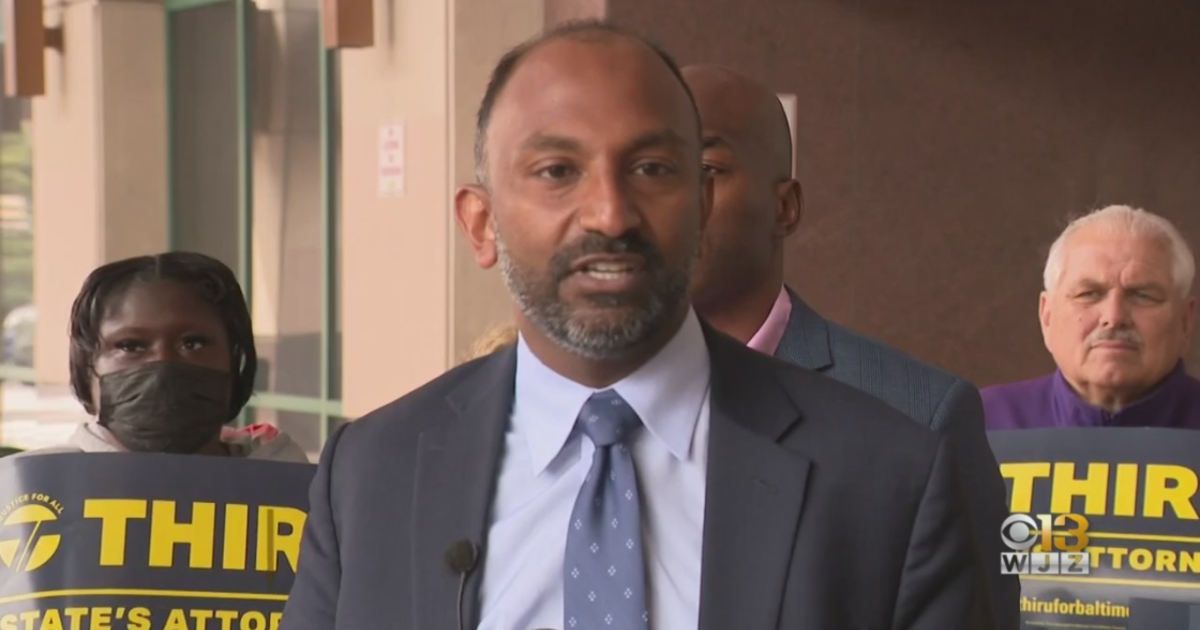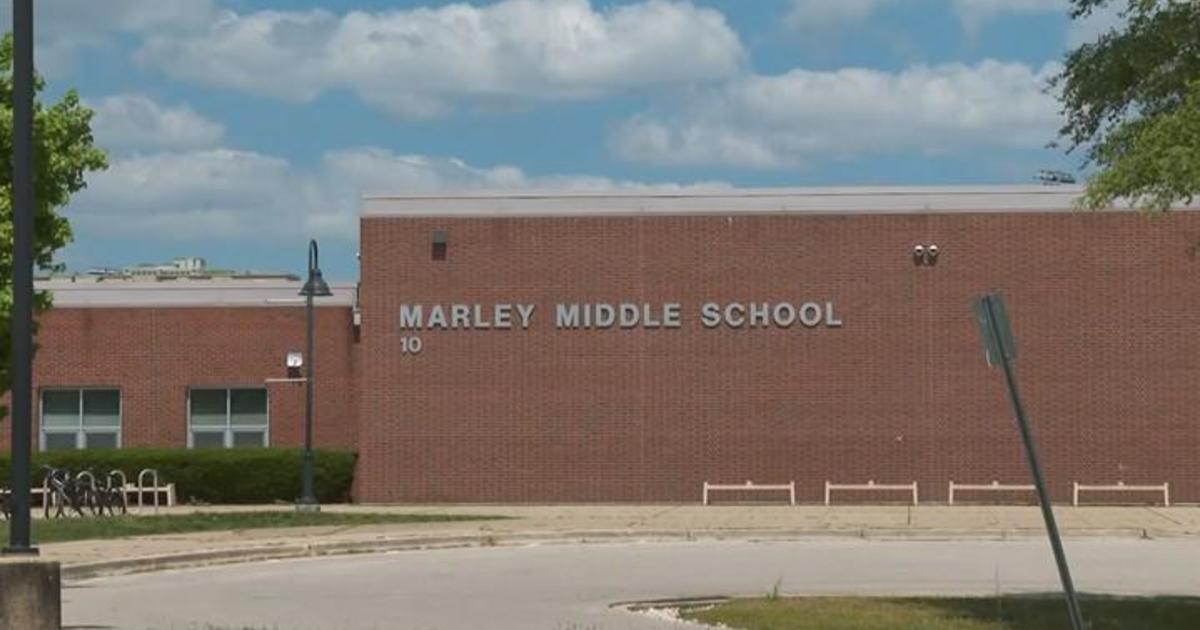Gray Campaign Hid Poll Workers' Pay
WASHINGTON (AP) -- District of Columbia Mayor Vincent Gray's 2010 campaign routinely paid day laborers $100 in cash -- twice the legal limit -- to tout Gray outside polling places, and the payments were later referred to on campaign finance reports as "consulting fees" paid to campaign staff members and volunteers, according to a review by The Associated Press.
While paying people to work the polls is a widespread and legal practice in the district, such workers are required to be paid by check if they receive more than $50 under a law intended to ensure transparency. But three people who worked on the Gray campaign told the AP they paid day laborers up to $100 in cash to hold signs and distribute literature outside polling places.
The workers said they provided the campaign's finance team with receipts documenting how they spent the campaign funds they received, along with the names and addresses of the day laborers.
But such spending is not detailed on Gray's campaign finance reports.
Instead, the reports show that the people who distributed the cash were given thousands of dollars in "consulting fees" or payments for "polling/mailing lists." The people who spoke to the AP said they were not paid consultants and did not do any polling or provide any mailing lists. They said the amounts noted on the finance reports matched the money they were given for miscellaneous campaign expenses.
It's not clear whether the campaign hid the payments intentionally or was just sloppy with its bookkeeping. But the
reports make it impossible to know how much the Gray campaign spent on poll workers -- or how often it exceeded the limit for cash expenditures. The three operatives who paid the poll workers said they were unaware of the $50 limit.
Gray ran for mayor in 2010 on a pledge to restore integrity to the office and defeated then-mayor Adrian Fenty by 10 percentage points in the Democratic primary. But he has been dogged by scandal.
Federal investigators are conducting a wide-ranging probe of Gray's campaign that has already resulted in guilty pleas to
financial violations by three campaign aides, including the man responsible for filing the finance reports. In an unrelated case, former D.C. Council Chairman Kwame Brown -- who resigned last month after agreeing to plead guilty to bank fraud -- also pleaded guilty to a misdemeanor campaign finance violation that involved facilitating cash payments exceeding $50.
Most damaging for Gray was this week's guilty plea by public-relations executive Eugenia "Jeanne" Clarke Harris, who
admitted she facilitated the use of $650,000 in illicit funds from a district businessman to support the campaign. The money was used on consultants, supplies and other expenses, but none of these expenditures were disclosed by the campaign.
The AP's review concerns money that's separate from the illegal funds that Harris funneled to the campaign.
Several people who did field work for the Gray campaign told the AP they were surprised to learn they had been referred to as consultants on campaign finance reports.
"I'm amazed to hear that. I was never a paid consultant," said Stan Jackson, who volunteered as a field coordinator in
neighborhoods east of the Anacostia River. "Any money that I received went directly to the poll workers. Not a penny went to me."
According to campaign finance records, Jackson received more than $8,400 in consulting fees and another $1,700 for what's referred to as "polling/mailing list." Jackson told AP that he did not do any polling or provide any mailing lists.
Jackson said most poll workers and canvassers were paid $50 in cash for a day's work in his neighborhood, but a handful were paid up to $100 in cash if they did additional work or used their own cars.
Two other campaign volunteers, speaking on condition of anonymity to avoid jeopardizing their future political activities, said they gave poll workers $100 in cash as a standard stipend for a day's work. One of the volunteers provided the AP with a list of several dozen poll workers who were paid $100 each and said that list had been turned over to the finance team. The person said the laborers wouldn't work for less because they were accustomed to getting $100 from previous campaigns.
The campaign volunteers said no one gave them explicit instructions about how much to pay poll workers and said Gray would never have known such minute details of his field operation.
Finance reports indicate each of the two volunteers received more than $10,000, but both said all the money was used for campaign expenses.
The responsibility for filing the campaign finance reports rested with acting treasurer Thomas Gore, who pleaded guilty last month to making straw donations to another mayoral candidate who was assailing Fenty, and to destroying evidence of those payments.
Gore's attorney, Frederick Cooke, said his client did not bear sole responsibility for the way the payments to poll workers were reported. Gore is cooperating with federal investigators, but Cooke said he was not aware that investigators were looking into the payments.
The U.S. Attorney's Office and the Gray administration declined to comment.
Five Gray campaign workers, including Jackson, received a "consulting fee" of $6,403 on Sept. 3, 2010 -- 11 days before the primary. Another worker who was paid that amount, Pierpont Mobley, also confirmed to the AP he did not keep the $6,403. Instead, it went toward miscellaneous campaign expenses, including food and beverages for volunteers, he said. Mobley said he was not involved in paying poll workers.
David Donaldson, who did field work for Gray in affluent northwest Washington, said he was given two $1,000 checks that were reported as consulting fees, even though he spent the money on food for volunteers and other campaign expenses. He said he has no idea why the reports list him as being paid more than $4,000 for "polling/mailing list."
"I was given two $1,000 checks, and other than that, I never got anything," Donaldson said. He said poll workers in his
neighborhood were not paid. Civic activist Marie Drissel has filed a complaint with the D.C. Office of Campaign Finance seeking investigation of payments with the "polling/mailing list" designation. She said the AP's findings appear to constitute "major, serious campaign violations."
The campaign finance office is conducting a comprehensive audit of the Gray campaign. Wesley Williams, a spokesman for the office, declined to comment on the AP's findings or whether the consulting fees would be addressed in the audit.
(Copyright 2012 by The Associated Press. All Rights Reserved.)



